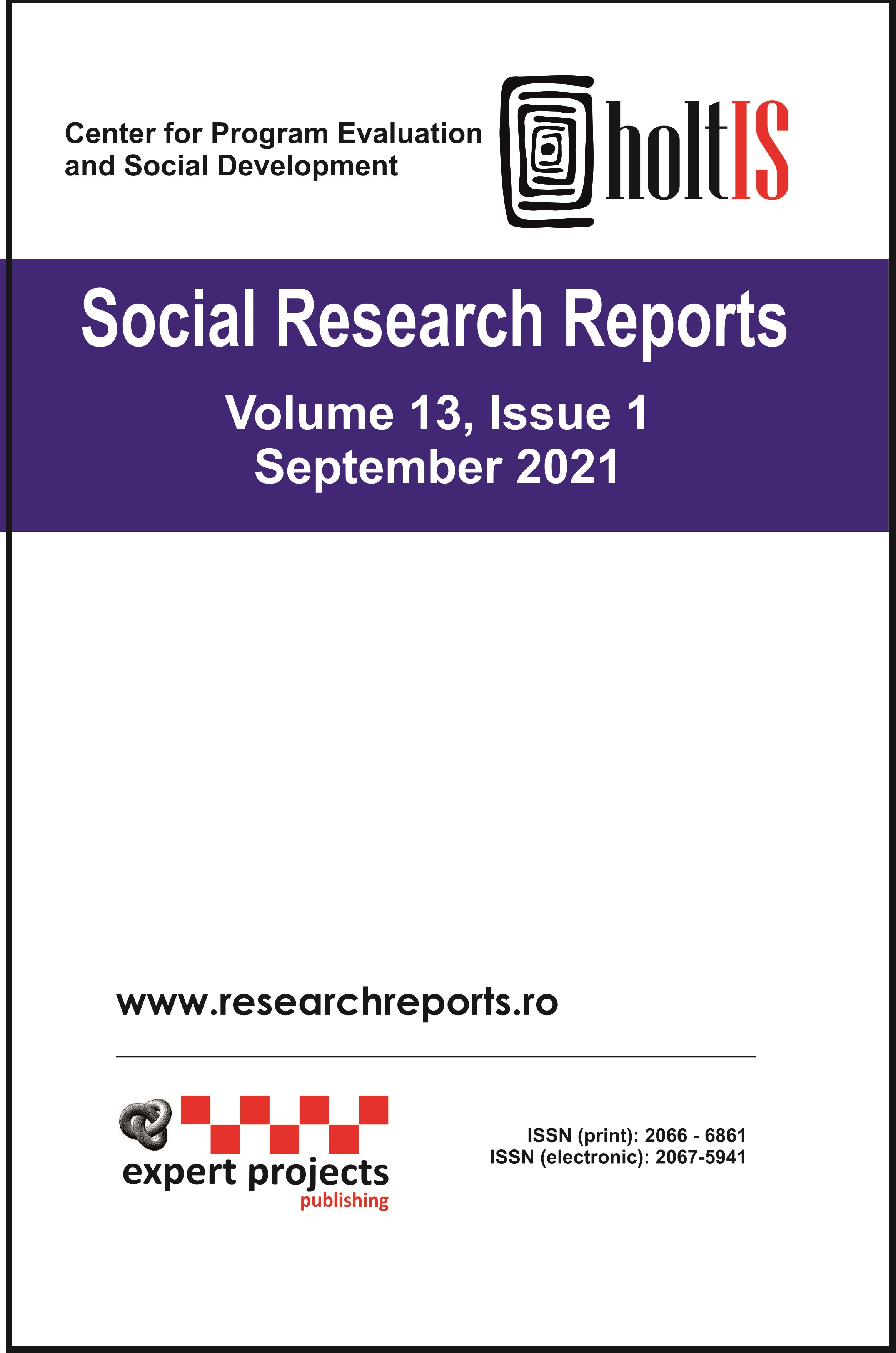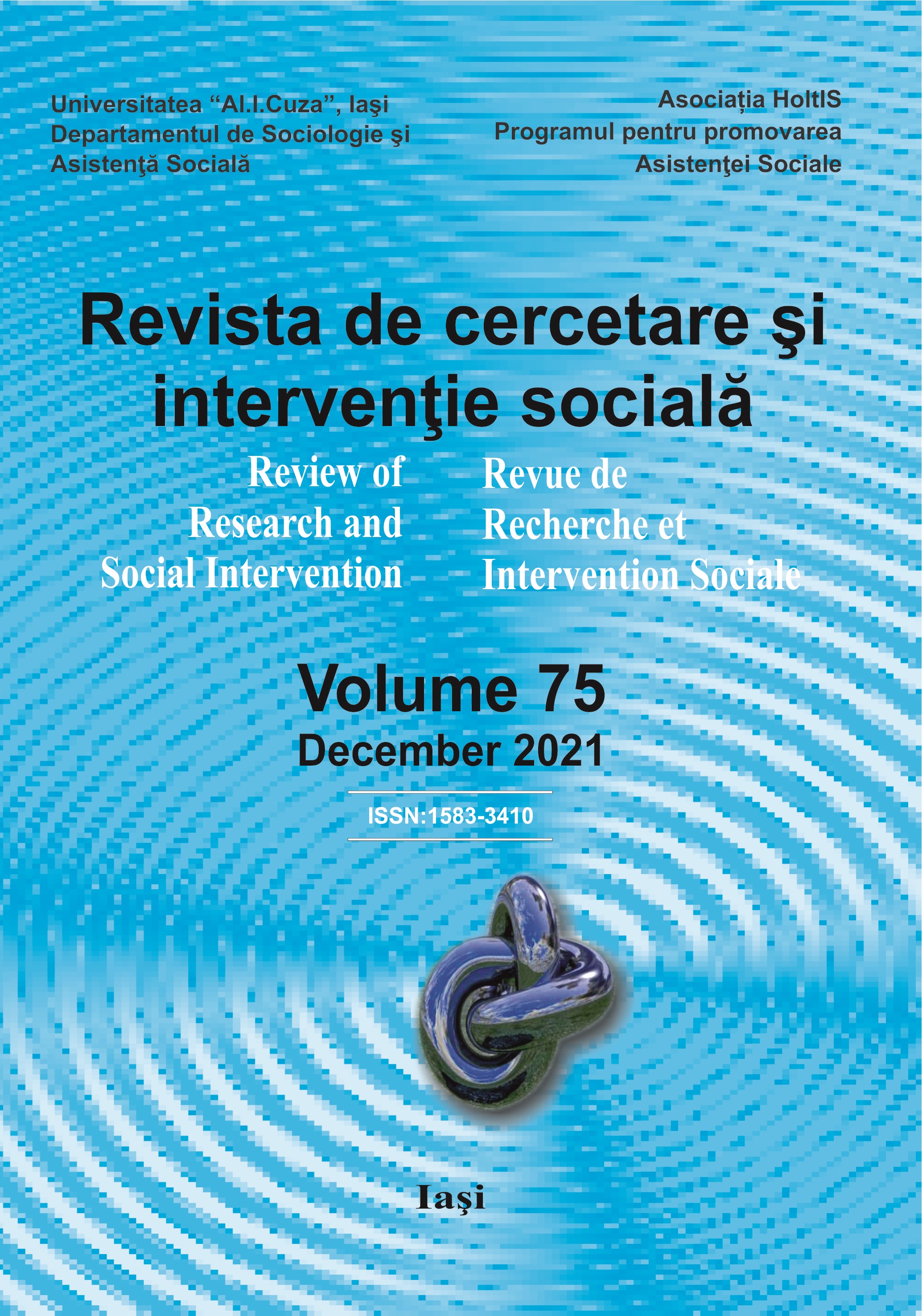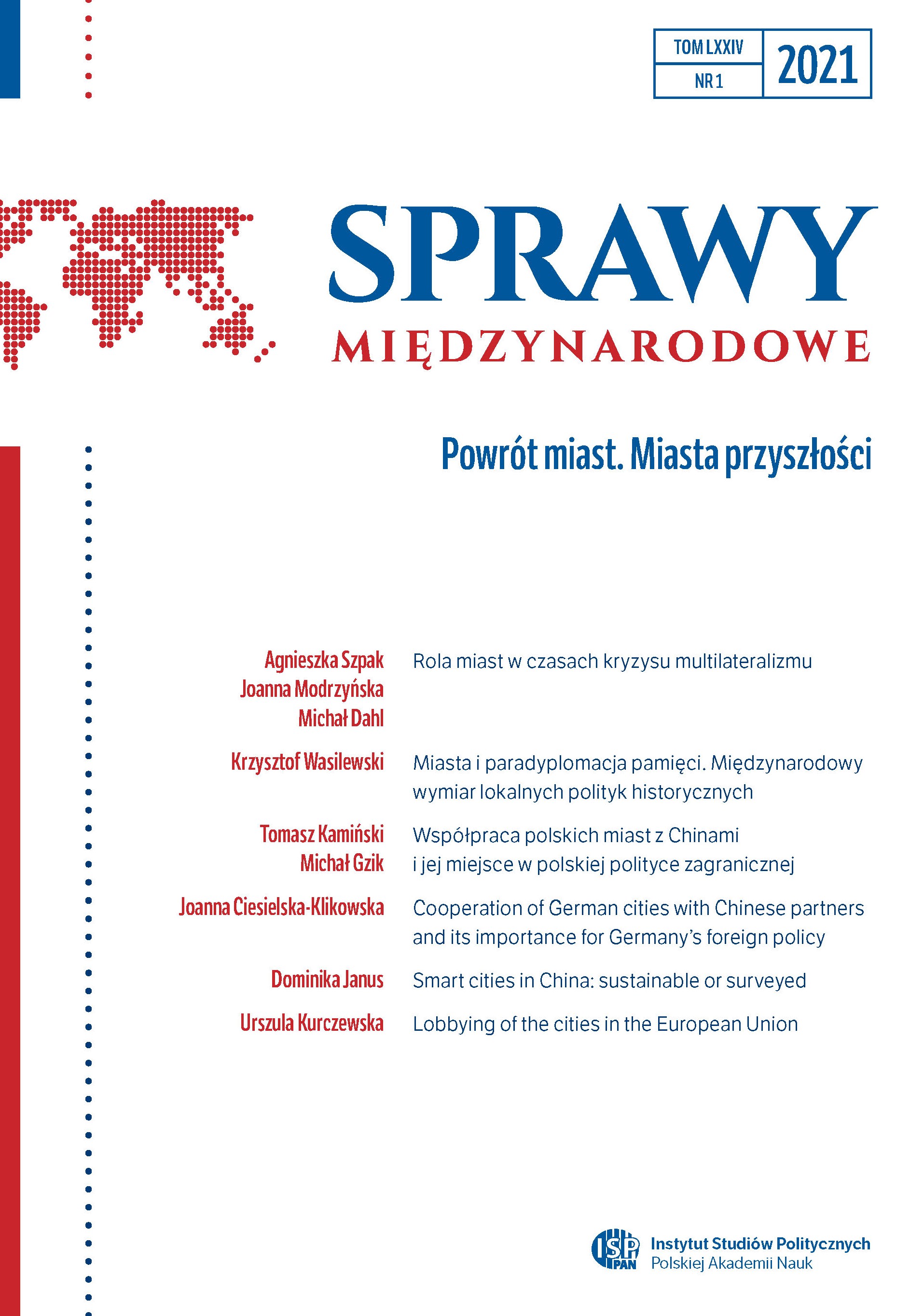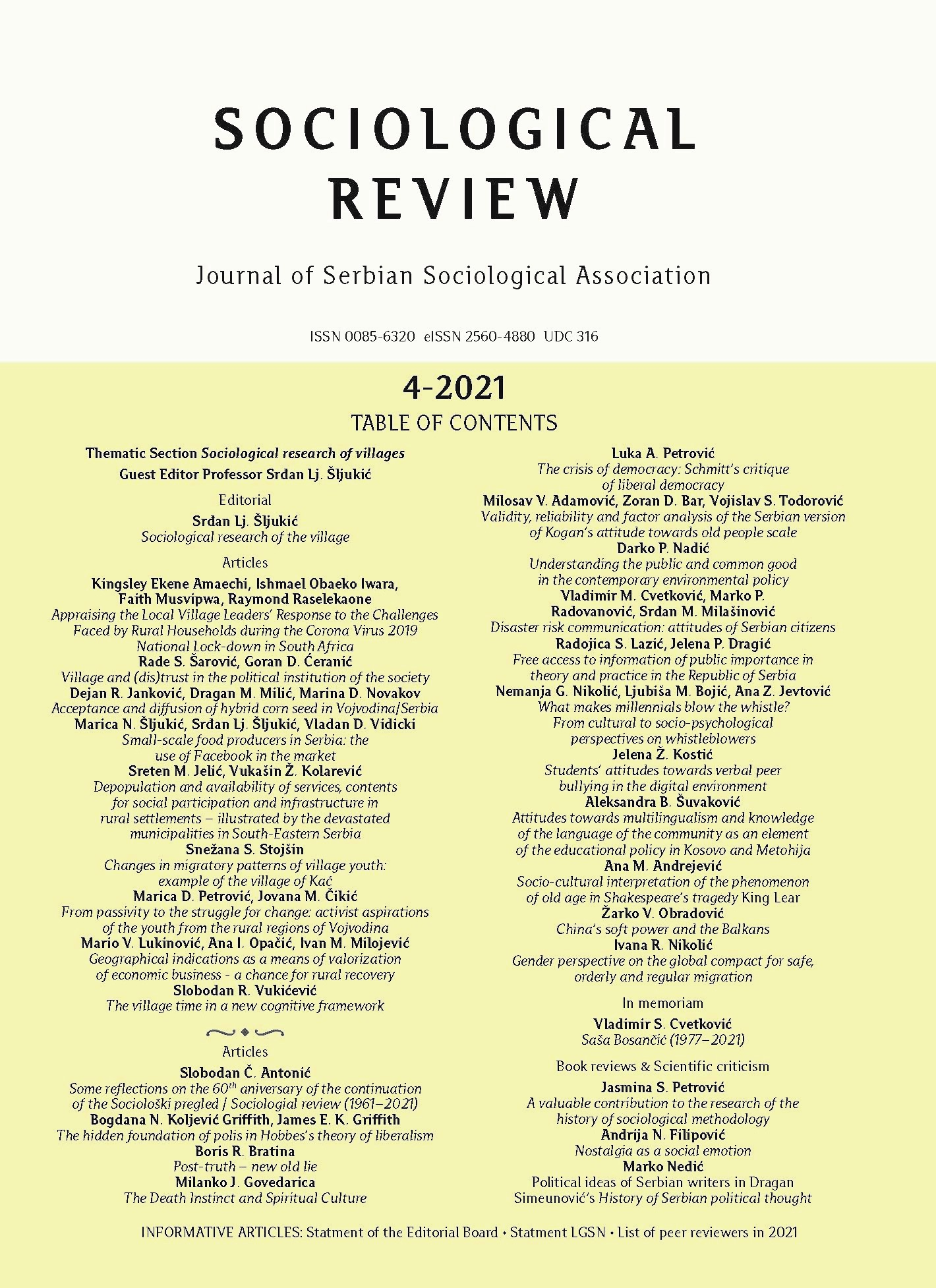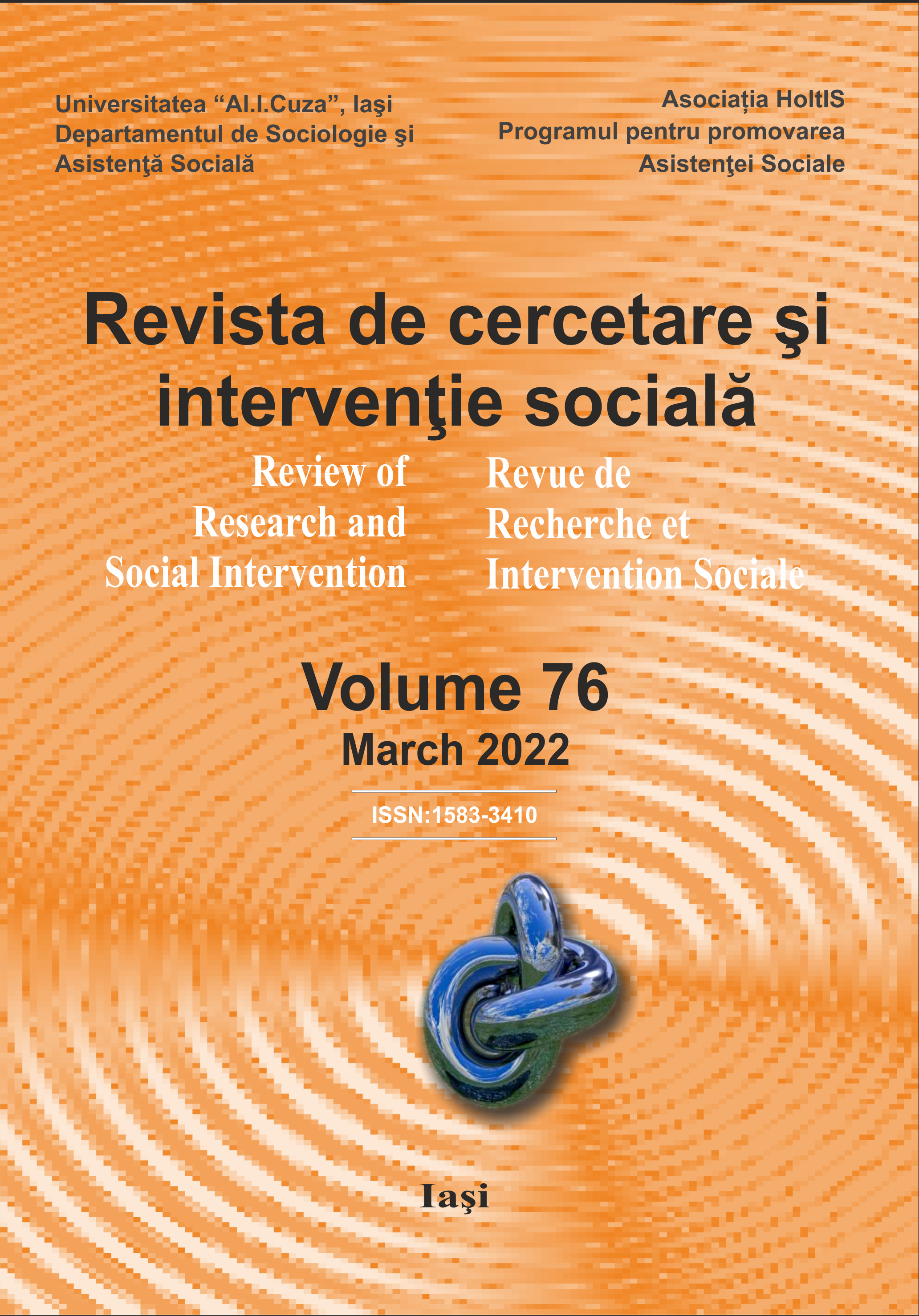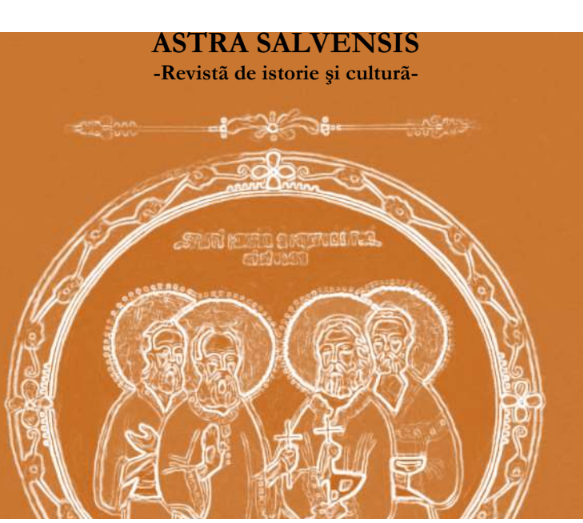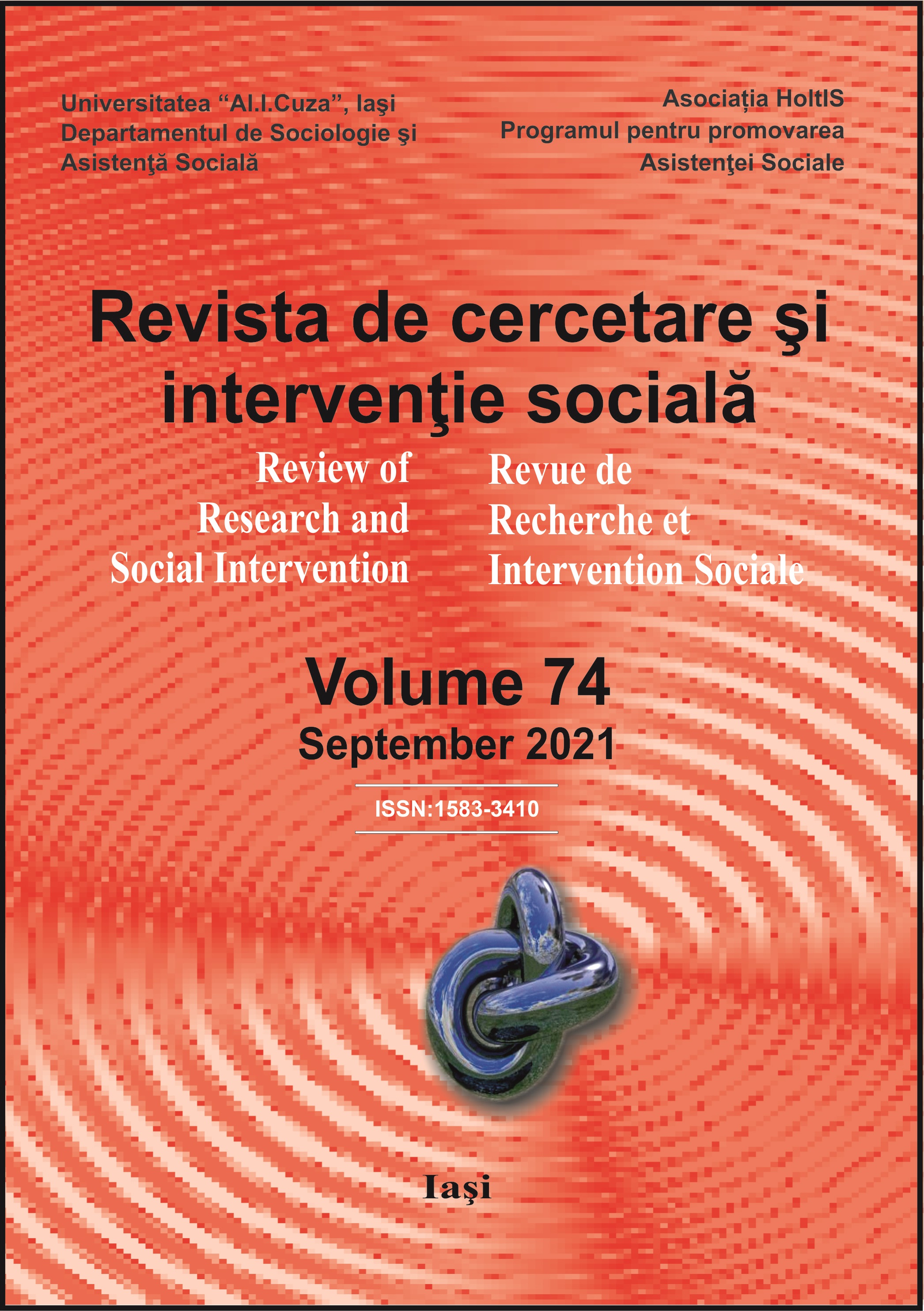
School Dropout Determinants in Rural Communities: The Effect of Poverty and Family Characteristics
This article presents the results of a quantitative research in a Romanian rural community, which aimed to analyze how the socio-economic conditions and family type can influence the phenomenon of school dropout. The results of our research are also confirmed by the results of other specialized studies that highlight the fact that 1 in 2 children living in rural Romania are at risk of poverty and socio-economic marginalization. Or, poverty and socio-economic marginalization, to which we can add the family profile (especially the parents’ level of education), are the main determinants of the school dropout of children living in rural communities. In order to verify this hypothesis, our research was conducted on a sample of 363 people from a rural community in South-Western Romania, which is in line with the national demographic trends existing in the rural communities exposed to marginalization and poverty: a decreasing birth rate in the last 5 years, a high mortality (above county average), a negative natural growth, a high share of the illiterate, a high share of people whom children are facing difficulties in access to education etc.
More...
